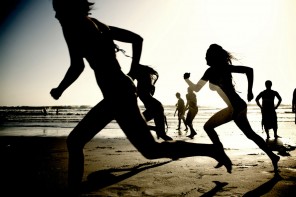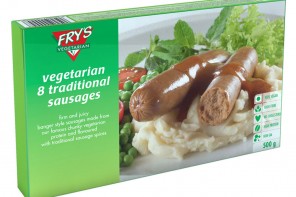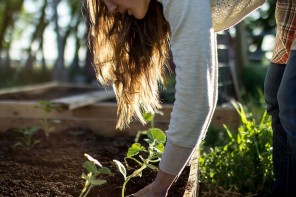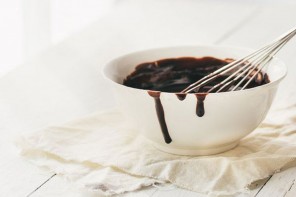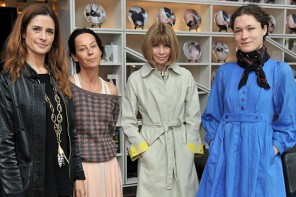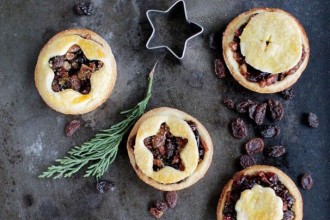Written by: Jessica Solomons
While the fashion industry worldwide is largely about looking good and creating glam frocks for runways and store rails, there has been a significant shift towards more ethical and eco-friendly design and it’s not just the likes of Stella McCartney who is fashioning clothes for the greater good.
Here in SA, while we may not have celebrity endorsed anti-fur campaigns such as PETA’s “I’d rather go naked than wear fur” project, which features the likes of Pamela Anderson and Khloe Kardashian, our local design talent is clued up on ethical fashion and doing their part to encourage a more socially responsible industry.
Marianne Fassler, a seven time winner at the Fairlady Fashion Awards and designer to the stars, considers herself politically, ethically and environmentally aware and talks about her very strongly adhered to principals when it comes to the environment and fashion. “I don’t throw away any scraps,” she says. “I store every precious piece and recycle all the time.” In 2008 those precious pieces were used to create Marianne’s show at AFI Fashion Week for which she only bought five metres of brochade. The rest? Recycled cloth. This year’s show is not much different with Marianne’s students, who conceptualized and executed the children’s garments, using only recycled fabric. And the results were as impressive as ever. “This was a valuable exercise for the students. It does not only teach them how to work with the fabric on hand, but also teaches them the value of the ‘leftovers’ or scraps generated by production,” says Marianne.
But Marianne doesn’t only recycle fabric to fashion her latest designs, she also admits to ensuring her work environment is as environmentally friendly as possible. “Electricity is very expensive and machines are never left running when not in use,” she says. “We also recycle all waste products and paper.” When it comes to choosing fabric Marianne, like most designers, uses what will work best for the particular design, but she stays away from the really environmentally destructive fabrics like denim and polycotton. “Like everybody I am disgusted by the mountains of toxic waste generated by the Chinese factories in Lesotho and elsewhere,” she says.
Another big name in SA fashion circles, Malcolm Kluk from Kluk CDGT, believes that South Africa is embracing a new World order when it comes to ethically produced fashion, citing the likes of Lunar’s Karen Termorhuisen as a shining example of the potential we have to create popular “green” fashion. But, he admits, fashion is an industry where the bottom line is supply and demand. What the customer wants, the customer gets. “We are faced with difficult choices. The new breed of South African want what they previously were denied, fur particularly is quite desirable as a luxury item as are clothes imported from overseas,” he says. “We have tried to support local industry as much as possible, and promote local luxury items recognized by the international fashion industry, but if the client asks for silk that is what they get.” That said Malcolm tries to, where possible, use natural fibres like cotton and silk when designing and his recently launched Mohair range has proven quite successful.
While South Africans might be asking for international fashion, Malcolm has noticed more foreigners requesting locally made products. “We have noticed customers from abroad asking for locally made goods that are sustaining life in Africa,” he says. And one way Malcolm himself is contributing to sustaining life in Africa is by utilizing the talents of local women. “We do try and produce everything through a network of local women that we have trained who work from home, which we believe empowers them to become self sufficient and productive.”
With designers like Malcolm and Marianne, the South African fashion industry may well be on its way to a greener future.
The liveeco team

